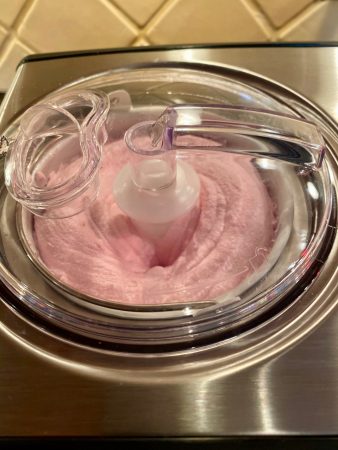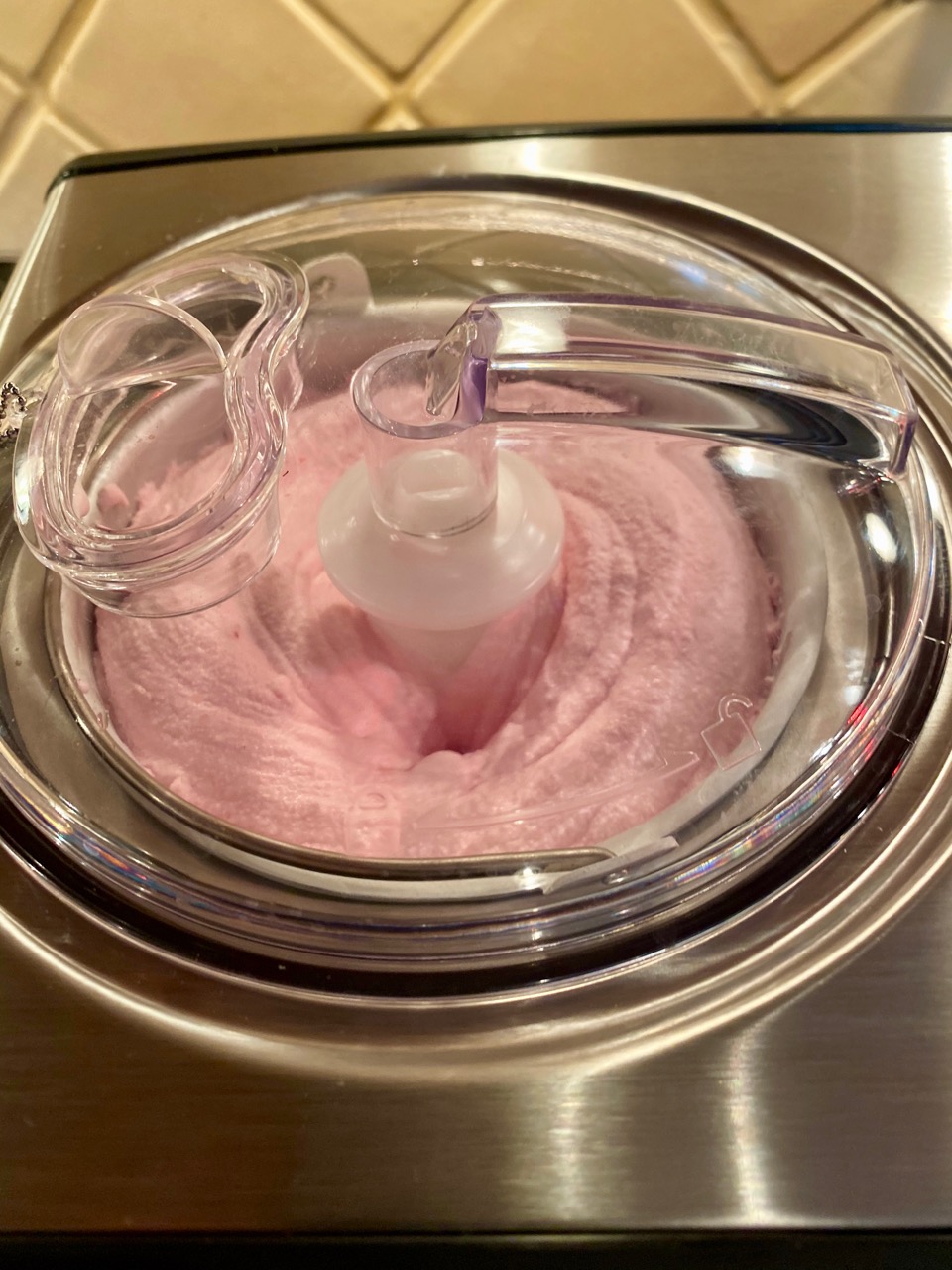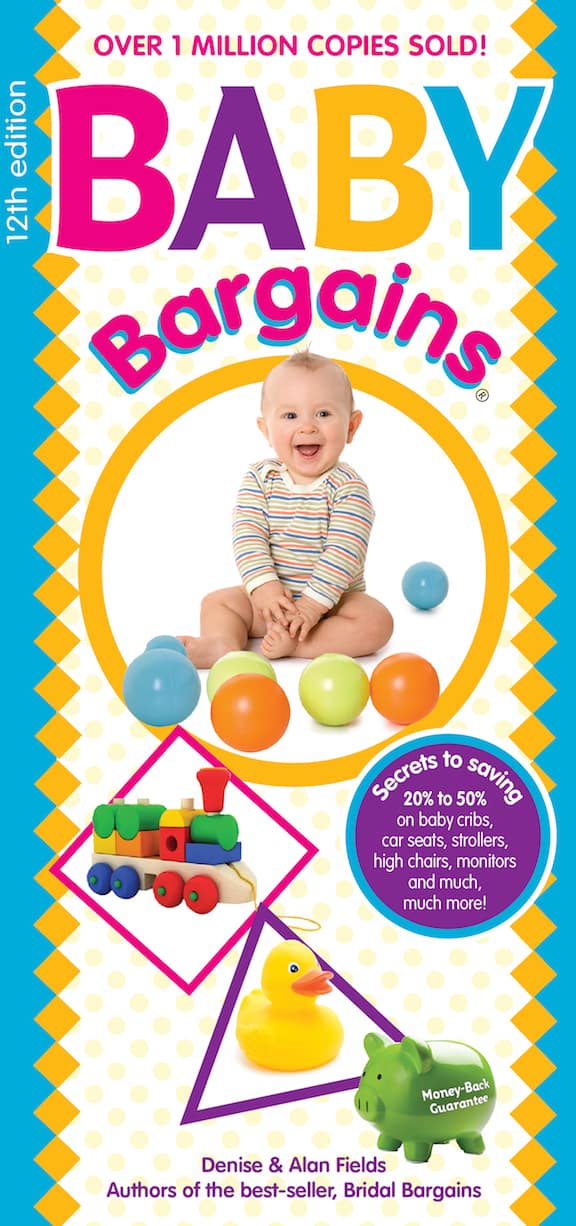Best Three Flavor Bundle: Junket Ice Cream Mix Bundle
As part of our valiant effort to find the best way to make ice cream at home for our article on the Best Ice Cream Maker Machines, we made quite a few batches of homemade ice cream. Sometimes we used a from-scratch recipe, others times we tried a mix.
We quickly realized ice cream mixes are a fast and convenient way to make your own ice cream, so we decided to spin that topic off as it own article. Without further ado, here are our picks for the best ice cream mixes!
Variety is the spice of life—and after trying out different flavor bundles, we judged Junket’s Ice Cream Mix Bundle of chocolate, vanilla and strawberry is the best bet.
What We Liked
• Six individual boxes = six quarts of ice cream! The individual box size is convenient—other mixes come in larger boxes, which inevitably leads to spills and waste. We liked Junket’s packaging as a good solution.
• Chocolate, vanilla and strawberry, 2 boxes each.
• Gluten free.
• Made in the USA.
• Simple ingredients. Vanilla has natural vanilla flavor; chocolate has dutch-processed cocoa; strawberry has strawberry and beet juice (for color).
• Requires 1.25 cups of whole milk and 3/4 cup of heavy cream to make.
• Brand has been around since 1874! Yep, that long. Junket has a rather interesting history—we discuss this at the end of the article.
• Hint: you can use half and half instead of milk to make creamier ice cream.
• Overall taste is good. We thought the texture iswascreamy, but the flavors aren’t intense. The chocolate could be more chocolatey, but that’s our tastes. We added in chopped strawberries to boost the taste of the strawberry mix. And that’s what we’d recommend: use these mixes as a base and add in some additional flavors to taste. Here’s what the strawberry ice cream looked like in our ice cream machine:

What Needs Work
• Must completely dissolve powder in liquid to avoid gritty texture. This takes a bit of effort with a whisk for a couple of minutes.
• Contains corn syrup.
• Strawberry flavor can brick. We didn’t see this in our tests, but we see reports that the strawberry powder can “brick” or clump together. That means it turns into a solid mass that requires you to break it up before you can mix it.
• Pricey.
Best Soft Serve Mix: Frostline Soft Serve Ice Cream Mix
When you see soft serve ice cream at a restaurant or state fair, odds are it is made from Frostline’s soft serve mix. The brand has a 40 year track record churning out soft serve—and in our tests where we compared different soft serve mixes, we thought Frostline came out on top in terms of flavor and texture.
What We Liked
• Large six pound bag! This would be great for a party, as it makes 8 quarts (or 64 half-cup servings of ice cream). Be aware of the size of this bag before ordering—it you don’t need to make a large amount of soft serve, it might be overkill!
• Shelf stable for 18 months.
• Gluten free.
• Lactose free. Yes, you can make lactose-free ice cream with this soft service mix (add water instead of milk or cream).
• Recipes include mixing with soda and other flavors for fun treats!
• Made in the USA.
What Needs Work
• No directions. This mix package does not have directions—but those are easy enough to find with a little research!
• No expiration date. The package has a series of numbers and letters that have to be decoded to figure out when it was made. Here’s Frostline’s explanation:
“Frostline has an eight digit code on the package that you can use to determine when the product was produced. You will find it stamped on the front, for example N9303A01. The N identifies the facility that produced the mix. The number, which follows, represents the last digit of the year the mix was produced, e.g., a 9 would indicate 2019. The next three numbers, indicate which day out of 365 days in the year, the mix was produced. So if the number is 303, it means the product was mixed on October 30th as this is the 303st day of the year. The final 3 digits are used to indicate the manufacturing batch code. For optimal performance, use Frostline® mixes within 18 months of the day and year produced.”
• Includes corn syrup.
• Requires a bit of prep. We suggest you cool the mix for about 2 hours before making.
Best Pineapple Mix: Dole Soft Serve Mix, Pineapple
If you are a Disney theme park enthusiast, you probably know the Dole Whip dessert there has taken on mythic status—folks just can’t get enough of this pineapple flavored soft serve. Good news: now you can make it home.
We tried out different pineapple flavored soft serve before deciding Dole’s version is the best. Here’s why:
What We Liked
• Smooth, pineapple flavor. Once you master the right mix of liquid to power, this tastes just like the treat at Disney.
• Dairy-free.
• Vegan friendly.
• Great for parties. This 4.4 lb make makes 89 servings (1/2 cup portion).
• Other flavor options if you don’t like pineapple include lemon, strawberry, lime and mango.
• Made in the USA.
What Needs Work
• Very sweet.
• Tastes best fresh from soft serve machine. Freezing the left-overs not as optimal taste-wise, in our opinion.
Best Vanilla Mix: Triple Scoop Ice Cream Mix
As the great 20th century Canadian philosopher/poet Ed Robertson once said, “I like vanilla. It’s the finest of the flavors.”
We know lots of other folks like vanilla as well, so our quest for the best ice cream mix included a search for the best vanilla. After trying several varieties, we think Triple Scoop’s Vanilla Ice Cream Mix had just the right consistency and flavor profile.
What We Liked
• Premium ingredients like Madagascar bourbon vanilla and cane sugar.
• Makes two 1 quart batches.
• Smooth and easy vanilla flavor. We thought this mix tasted best, compared to others that sometimes were too over or underpowered.
• No GMO’s, artificial flavors, colors, preservatives or corn syrup solids.
• No gums or emulsifiers.
• Made in the USA.
• Other flavors include mint chocolate chip and cake batter if vanilla isn’t your bag.
What Needs Work
• Pricey.
• Requires half and half plus heavy whipping cream (1.5 cups each). Most ice cream mixes we tested just required milk–so this one may require a bit of advance planning if you don’t have that in your fridge.
• Some folks find it too sweet. We didn’t think so, but we know some folks prefer a “drier” vanilla profile. This probably isn’t the best choice in that case!
Why Trust Us
We’ve been rating and reviewing products for families, children and the home since 1994. We do hands-on testing—we buy the products with our own money and evaluate with an eye toward quality, ease of use and affordability.
Here’s another key point: we don’t take money from the brands we review. No free samples, no sponsors, no “partnerships.” Our work is 100% reader-supported.
Ice Cream Mix History: A Brief Look at Junket
Where did ice cream mixes come from?
Junket, one of the more popular ice cream mix brands and a top pick in this article, traces its roots all the way back to Europe in the late 1800’s.
As you make ice cream at home, consider reading this story to the kiddos to learn more about the history of food, chemistry and innovation.
With the brand’s permission, here’s a reprint of the company’s interesting journey:
Denmark at the start: cheese!
“The story of the Junket brand begins in Denmark in 1874, when Christian D. A. Hansen founded Hansen’s Technical-Chemical Laboratory in Denmark to make rennet extract for the cheese making industry.
Hansen was born in 1843. In 1864 he earned his MA in pharmaceuticals and after some time as a pharmacist as well as editor of publications about pharmaceuticals he began working as an assistant at the chemical laboratory of the University of Copenhagen. In 1872 he won an award for his research. Throughout his life he continued to work in the field of pharmaceuticals and to fund education.
One of the topics of Hansen’s research at the University was digestive enzymes, including pepsin. In 1873 he and a partner opened a small factory that made pepsin preparations for people suffering from digestive problems. Hansen also began working with rennet, which is produced in the fourth stomach of ruminants such as cows and is used in making cheese; the rennet makes the milk coagulate so that the watery whey can be drained away, leaving the curds that become cheese.
The source of the rennet was normally calves that had not yet been weaned, and thus it was available only when a calf was slaughtered. While there were various ways of extracting and preserving the rennet needed for cheesemaking, there was no standardization of the strength of the solution and the results were often unsanitary.
Hansen used his experience in chemistry and pharmacology to produce “an extract of high keeping quality, uniform strength, and free from the contaminating impurities characteristic of the – often foul – liquid of uncertain coagulating power produced by soaking the stomachs in whey in the dairy.”
In 1874 Chr. Hansen’s Technical Chemical Laboratory (which came to be known simply as Chr. Hansen’s Laboratory) was founded in Copenhagen. Its products, which besides rennet included coloring to add to the milk to make the cheese more attractive, rapidly became very widely used in the cheese industry not only in Denmark but in many other countries.
The New York branch: Junket comes to the U.S.
In 1877, Johan D. Frederiksen, a Danish dairyman and agriculturalist, emigrated to the United States and the following year opened a branch of Chr. Hansen’s Laboratory in New York State, which at the time was the hub of the developing cheese-making industry in America.
In 1882 the plant moved to Little Falls, New York. In 1891 a new factory built on Lock Island in the Mohawk River at Little Falls began operations; the island was renamed Hansen Island. The factory grew over the years.


 We obsess over baby gear . . . so you don't have to. Baby Bargains has one mission: help you find the best gear for your baby with unbiased reviews by experts with 20 years of experience. At prices that don't break the bank. When you purchase a product from links on this site, we make a small affiliate commission. Learn more
We obsess over baby gear . . . so you don't have to. Baby Bargains has one mission: help you find the best gear for your baby with unbiased reviews by experts with 20 years of experience. At prices that don't break the bank. When you purchase a product from links on this site, we make a small affiliate commission. Learn more 
